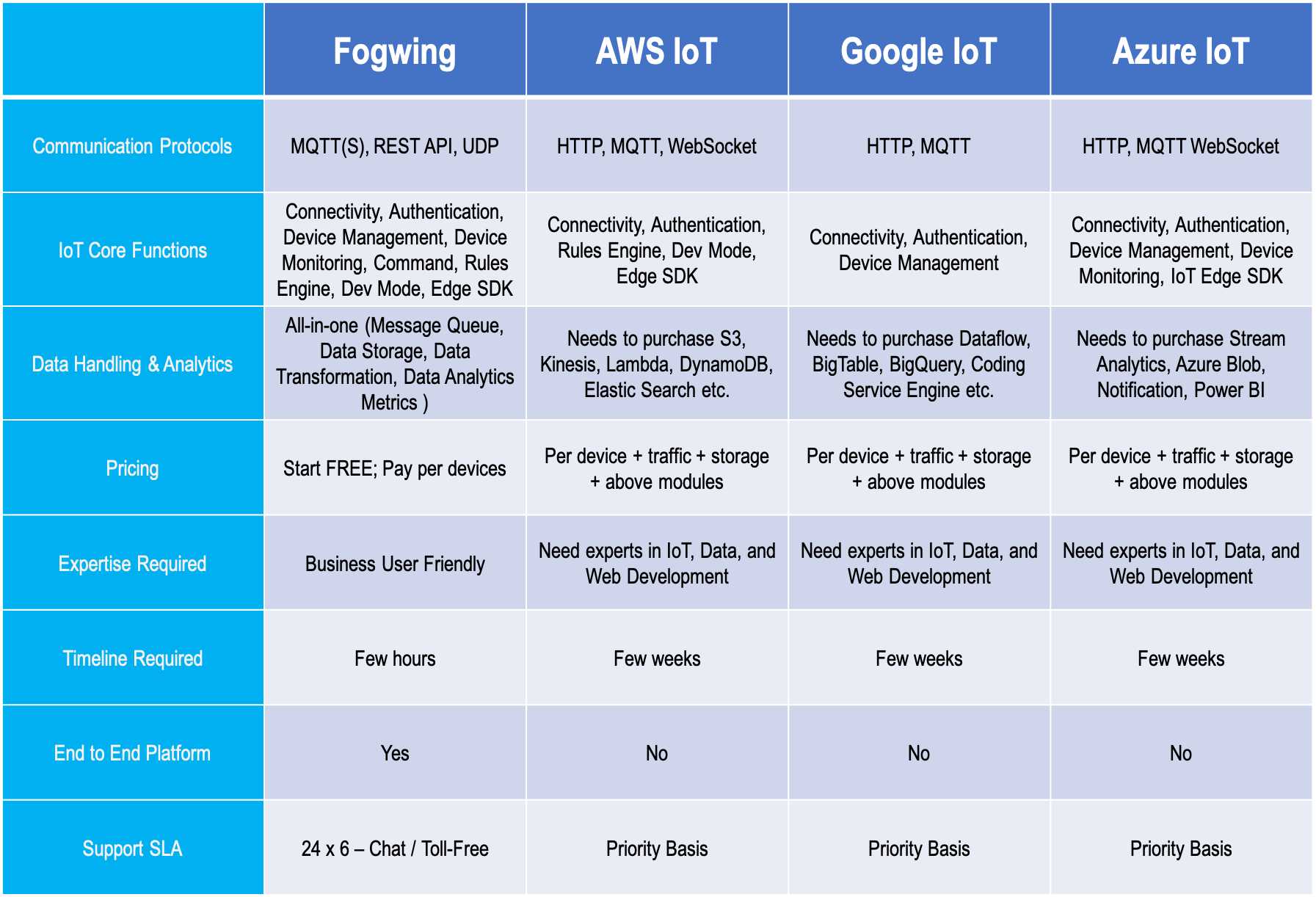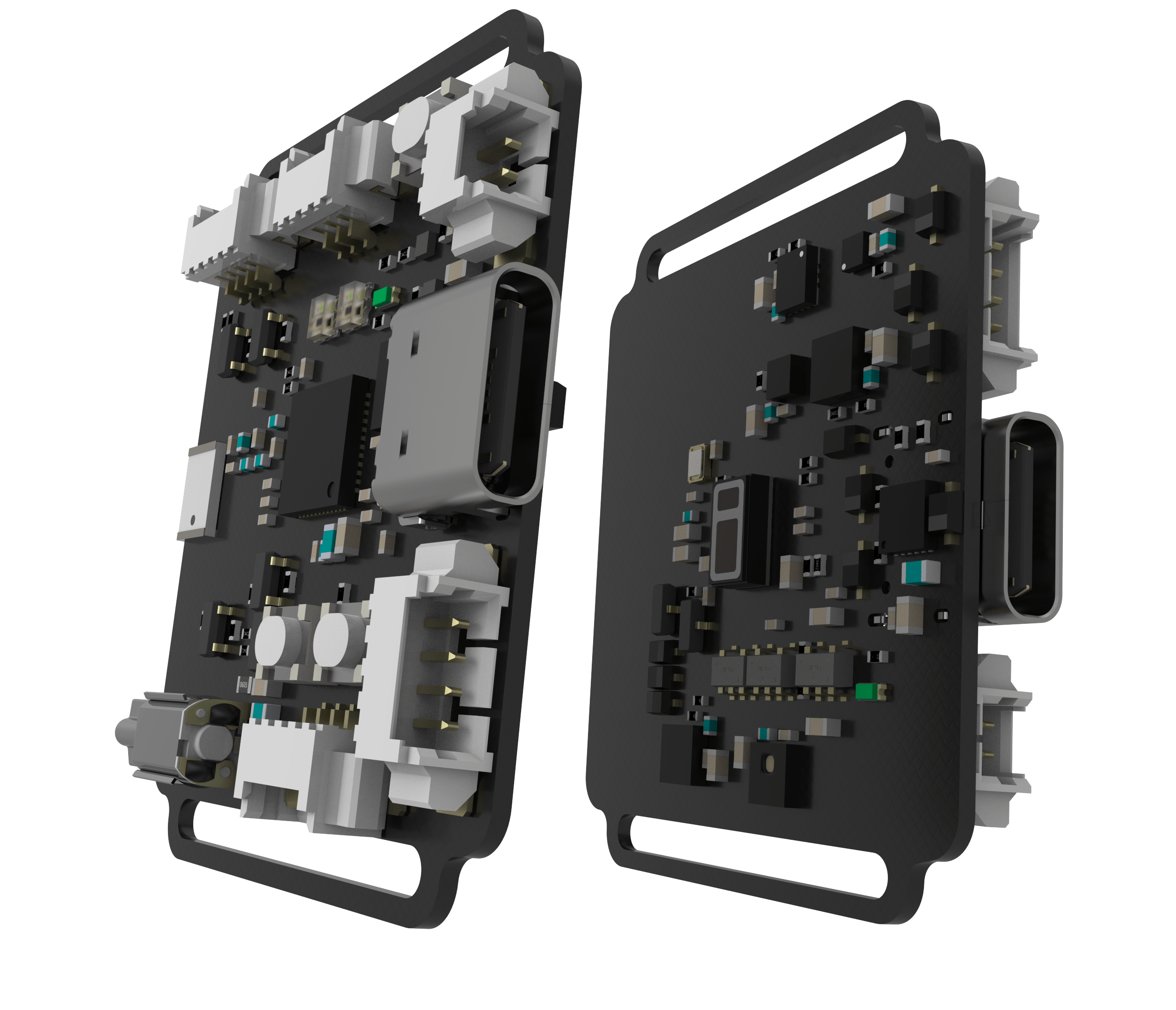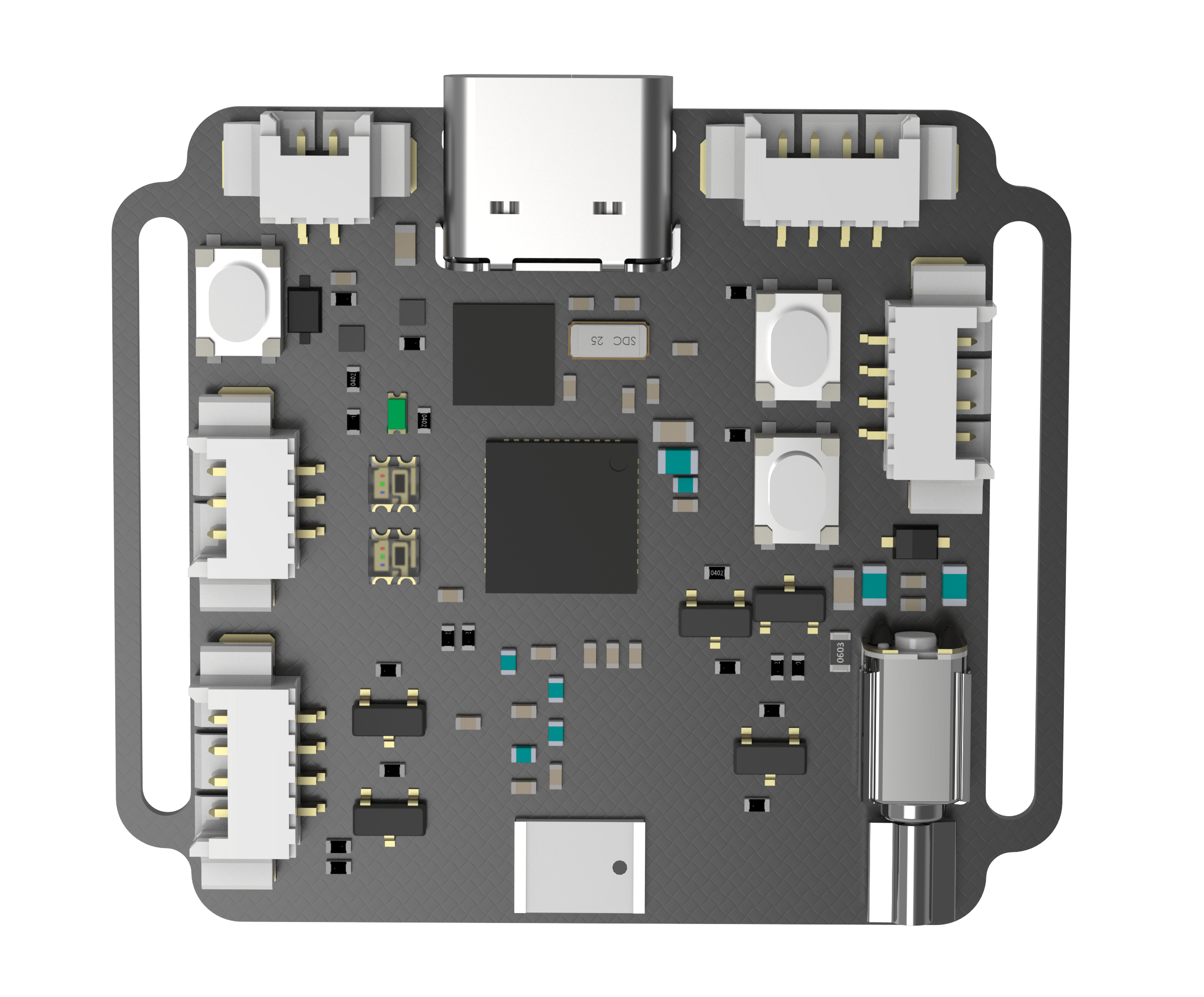Best Remote IoT Platform: Unlocking The Future Of Connectivity
Hey there tech enthusiasts, if you're diving into the world of IoT and looking for the best remote IoT platform, you've landed at the right place. The Internet of Things (IoT) has revolutionized the way we interact with technology, and choosing the right platform is crucial for success. In this article, we’ll deep dive into the top remote IoT platforms, helping you make an informed decision. So, buckle up and let's explore what the future holds for IoT!
Nowadays, with remote work becoming the norm and businesses expanding their digital footprint, the demand for reliable IoT platforms is skyrocketing. These platforms are not just tools; they are the backbone of modern innovation. Whether you're a developer, an entrepreneur, or just someone curious about IoT, understanding the best remote IoT platform is essential.
Let's break it down for you. The IoT landscape is vast, and with so many platforms out there, it can get overwhelming. But don’t worry, we’re here to guide you through the jungle of IoT options, highlighting the features, benefits, and drawbacks of each platform. By the end of this article, you'll have a clear idea of which platform suits your needs best.
- Sam Frank Ofleaks The Untold Story Behind The Whistleblower Phenomenon
- Pete Davidson Girlfriend The Ultimate Guide To His Love Life And Relationships
Table of Contents
Introduction to Best Remote IoT Platforms
IoT Basics: Understanding the Concept
Key Factors in Selecting a Remote IoT Platform
- Hugh Jackman Wife A Closer Look At The Love Story Behind The Legend
- Truman Hanks The Rising Star Whorsquos Making Waves In Hollywood
Top 5 Best Remote IoT Platforms
AWS IoT: The Giant in the Room
Azure IoT: Microsoft’s Powerful Offering
Google Cloud IoT: Simplicity Meets Scalability
ThingsBoard: Open Source Flexibility
Comparing the Best Remote IoT Platforms
Real-World Use Cases of Remote IoT Platforms
Future Trends in IoT Platforms
Introduction to Best Remote IoT Platforms
The term "best remote IoT platform" might sound like tech jargon, but it’s actually the foundation of modern smart systems. These platforms enable devices to communicate, share data, and perform tasks without human intervention. From smart homes to industrial automation, IoT platforms are the driving force behind it all.
Choosing the best remote IoT platform depends on several factors, including scalability, security, ease of integration, and cost. Each platform has its unique strengths, making it suitable for different applications. For instance, some platforms excel in device management, while others focus on data analytics. Understanding these nuances is key to making the right choice.
In this section, we’ll explore the importance of IoT platforms and why they are indispensable in today’s tech-driven world. Whether you're building a small-scale project or a large enterprise solution, the right platform can make all the difference.
IoT Basics: Understanding the Concept
Before we dive into the best remote IoT platforms, let’s take a step back and understand what IoT really is. IoT, or the Internet of Things, refers to a network of interconnected devices that can communicate and exchange data. These devices can range from simple sensors to complex industrial machinery.
Here are some key components of IoT:
- Devices: Sensors, actuators, and other hardware that collect and transmit data.
- Connectivity: The network infrastructure that enables communication between devices.
- Cloud Platforms: The backend systems that process and store data.
- Applications: The software that allows users to interact with IoT systems.
Now, imagine all these components working together seamlessly. That’s where remote IoT platforms come in. They provide the infrastructure and tools needed to build, manage, and scale IoT solutions. Without them, the IoT ecosystem would be chaotic and inefficient.
Key Factors in Selecting a Remote IoT Platform
When it comes to choosing the best remote IoT platform, there are several factors to consider. Here’s a quick rundown:
Scalability
Can the platform grow with your business? Scalability is crucial, especially if you plan to expand your IoT deployment over time.
Security
With so much data being transmitted, security is a top priority. Look for platforms that offer robust encryption, authentication, and authorization features.
Integration
Does the platform integrate with your existing systems? Seamless integration can save you time and money in the long run.
Cost
Budget is always a consideration. Some platforms offer pay-as-you-go models, while others require upfront investment. Choose a pricing model that fits your financial situation.
By keeping these factors in mind, you’ll be able to narrow down your options and find the best remote IoT platform for your needs.
Top 5 Best Remote IoT Platforms
Now that we’ve covered the basics, let’s take a look at the top 5 best remote IoT platforms. Each platform has its own strengths and weaknesses, so it’s important to evaluate them based on your specific requirements.
AWS IoT
AWS IoT is one of the most popular platforms in the market. Developed by Amazon Web Services, it offers a wide range of features, including device management, data analytics, and machine learning capabilities. AWS IoT is known for its scalability and reliability, making it a top choice for large enterprises.
Azure IoT
Microsoft’s Azure IoT is another strong contender in the IoT platform space. It provides a comprehensive suite of tools for building, deploying, and managing IoT solutions. Azure IoT excels in integration with other Microsoft services, such as Azure Machine Learning and Power BI.
Google Cloud IoT
Google Cloud IoT is a powerful platform that combines Google’s expertise in cloud computing with IoT capabilities. It offers features like real-time data processing, machine learning, and analytics. Google Cloud IoT is ideal for businesses that require high-speed data processing and advanced analytics.
ThingsBoard
For those looking for an open-source option, ThingsBoard is a great choice. It offers flexibility and customization, allowing developers to tailor the platform to their specific needs. ThingsBoard is perfect for small to medium-sized projects that require a cost-effective solution.
IBM Watson IoT
IBM Watson IoT is another enterprise-grade platform that offers advanced analytics and cognitive computing capabilities. It’s ideal for businesses that want to leverage AI and machine learning in their IoT solutions.
AWS IoT: The Giant in the Room
Let’s take a closer look at AWS IoT, the giant in the IoT platform space. AWS IoT is part of Amazon Web Services, which is known for its reliability and scalability. Here are some of its standout features:
- Device Management: AWS IoT Device Management allows you to register, monitor, and update devices at scale.
- Data Analytics: AWS IoT Analytics provides tools for processing and analyzing IoT data in real-time.
- Machine Learning: AWS IoT Machine Learning enables you to build predictive models and automate decision-making.
With its vast array of features and integrations, AWS IoT is a top choice for businesses looking to build robust IoT solutions.
Azure IoT: Microsoft’s Powerful Offering
Next up is Azure IoT, Microsoft’s answer to the IoT platform challenge. Azure IoT offers a comprehensive suite of tools for building and managing IoT solutions. Here’s what makes Azure IoT stand out:
- Integration: Azure IoT integrates seamlessly with other Microsoft services, such as Azure Machine Learning and Power BI.
- Security: Azure IoT provides robust security features, including encryption, authentication, and authorization.
- Scalability: Azure IoT can handle millions of devices and terabytes of data, making it suitable for large-scale deployments.
Whether you’re building a smart city or a connected factory, Azure IoT has the tools you need to succeed.
Google Cloud IoT: Simplicity Meets Scalability
Google Cloud IoT is another powerful platform that combines simplicity with scalability. Developed by Google, it offers a range of features that make it ideal for businesses looking to leverage IoT technology. Here are some of its key features:
- Real-Time Data Processing: Google Cloud IoT can process data in real-time, enabling faster decision-making.
- Machine Learning: Google Cloud IoT integrates with TensorFlow, Google’s machine learning framework, allowing you to build intelligent IoT solutions.
- Analytics: Google Cloud IoT provides advanced analytics tools for processing and visualizing IoT data.
With its focus on simplicity and scalability, Google Cloud IoT is a great choice for businesses of all sizes.
ThingsBoard: Open Source Flexibility
For those looking for an open-source IoT platform, ThingsBoard is a great option. It offers flexibility and customization, allowing developers to tailor the platform to their specific needs. Here’s what makes ThingsBoard unique:
- Open Source: ThingsBoard is free to use and modify, making it ideal for small to medium-sized projects.
- Customization: ThingsBoard allows developers to customize dashboards, widgets, and rules to suit their specific requirements.
- Community Support: ThingsBoard has a vibrant community of developers who contribute to its development and provide support.
Whether you’re a developer or a business owner, ThingsBoard offers the flexibility and customization you need to build successful IoT solutions.
Comparing the Best Remote IoT Platforms
Now that we’ve explored the top remote IoT platforms, let’s compare them based on key factors:
| Factor | AWS IoT | Azure IoT | Google Cloud IoT | ThingsBoard | IBM Watson IoT |
|---|---|---|---|---|---|
| Scalability | High | High | High | Medium | High |
| Security | Excellent | Excellent | Excellent | Good | Excellent |
| Cost | Premium | Premium | Premium | Free (Open Source) | Premium |
| Integration | Excellent | Excellent | Good | Good | Excellent |
As you can see, each platform has its own strengths and weaknesses. The best choice depends on your specific requirements and budget.
Real-World Use Cases of Remote IoT Platforms
To give you a better idea of how these platforms are used in real-world scenarios, here are some examples:
Smart Cities
Azure IoT is often used in smart city projects, enabling real-time traffic management and energy optimization.
Industrial Automation
AWS IoT is a popular choice for industrial automation, providing tools for device management and predictive maintenance.
Healthcare
Google Cloud IoT is used in healthcare applications, enabling remote patient monitoring and data analytics.
Smart Homes
ThingsBoard is often used in smart home projects, allowing users to customize dashboards and automate tasks.
These use cases demonstrate the versatility and power of remote IoT platforms in transforming various industries.
Future Trends in IoT Platforms
The IoT landscape is constantly evolving, and new trends are emerging all the time. Here are some trends to watch out for:
- Edge Computing: As more data is generated at the edge, platforms that support edge computing will become increasingly important.
- AI and Machine Learning: The integration



Detail Author:
- Name : Adella Howe Jr.
- Username : afay
- Email : moises82@hotmail.com
- Birthdate : 1972-10-03
- Address : 70832 Hansen Meadows Suite 386 East Emilia, NM 75119-9497
- Phone : 1-620-516-4276
- Company : Predovic PLC
- Job : Cleaners of Vehicles
- Bio : Deserunt delectus sequi et et. Consequuntur provident ut natus illum eius. Nesciunt natus et molestiae fugit. Ullam quisquam est est sunt. Ex qui voluptatem est sint aspernatur aliquid.
Socials
facebook:
- url : https://facebook.com/maybellyost
- username : maybellyost
- bio : Libero provident ut corrupti ipsam maxime deleniti.
- followers : 3767
- following : 763
linkedin:
- url : https://linkedin.com/in/yostm
- username : yostm
- bio : Aspernatur quis dolores aut a in dolor occaecati.
- followers : 6795
- following : 1963